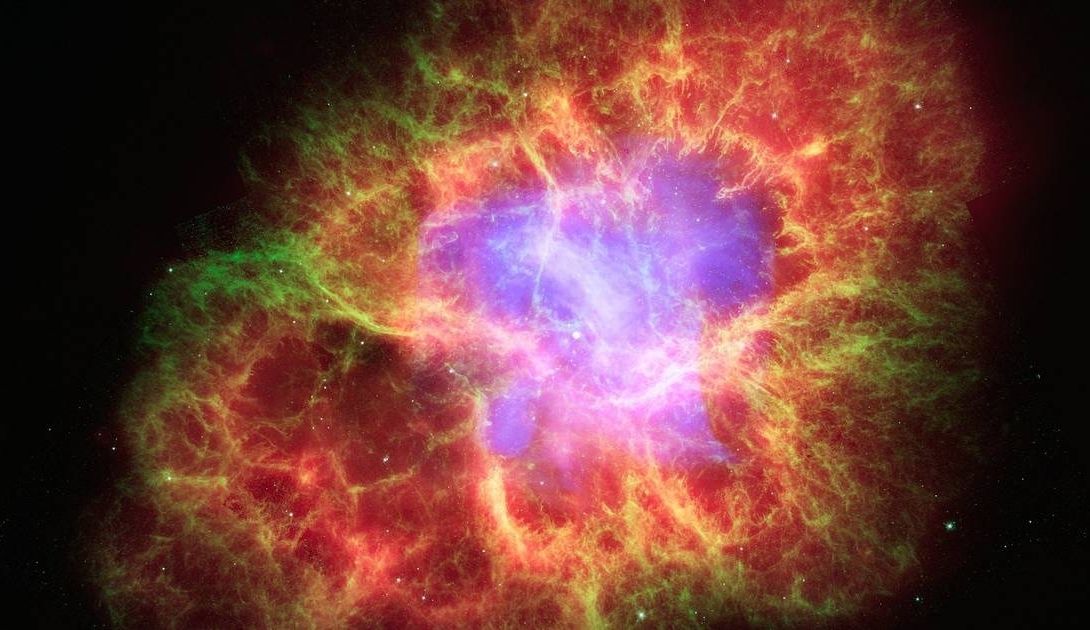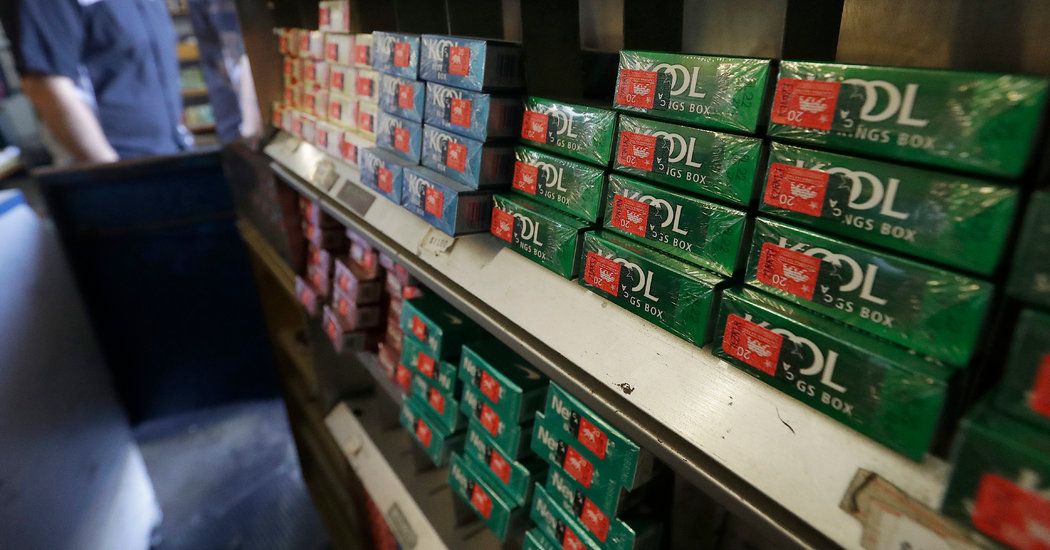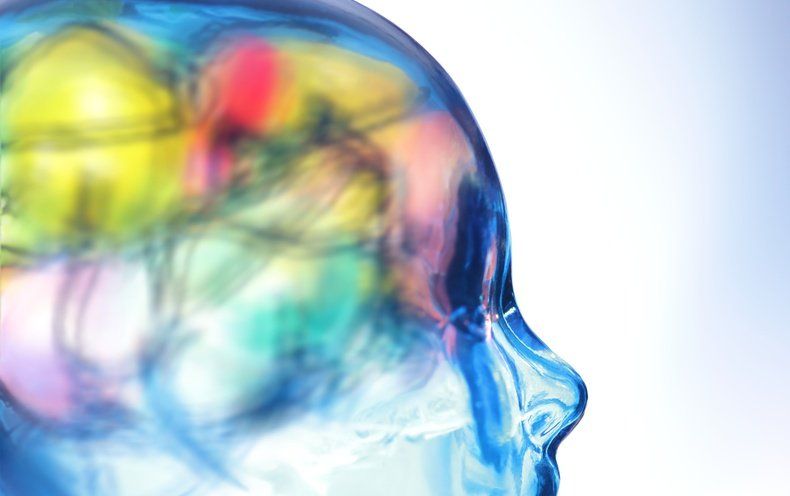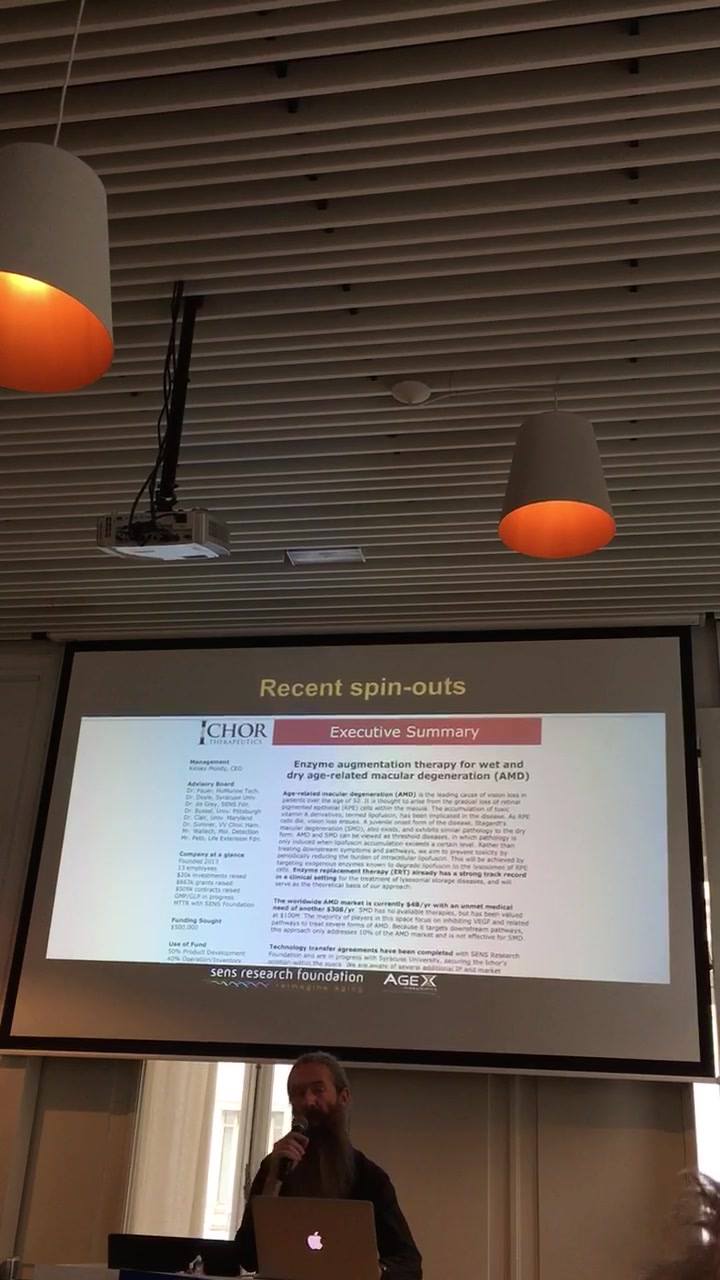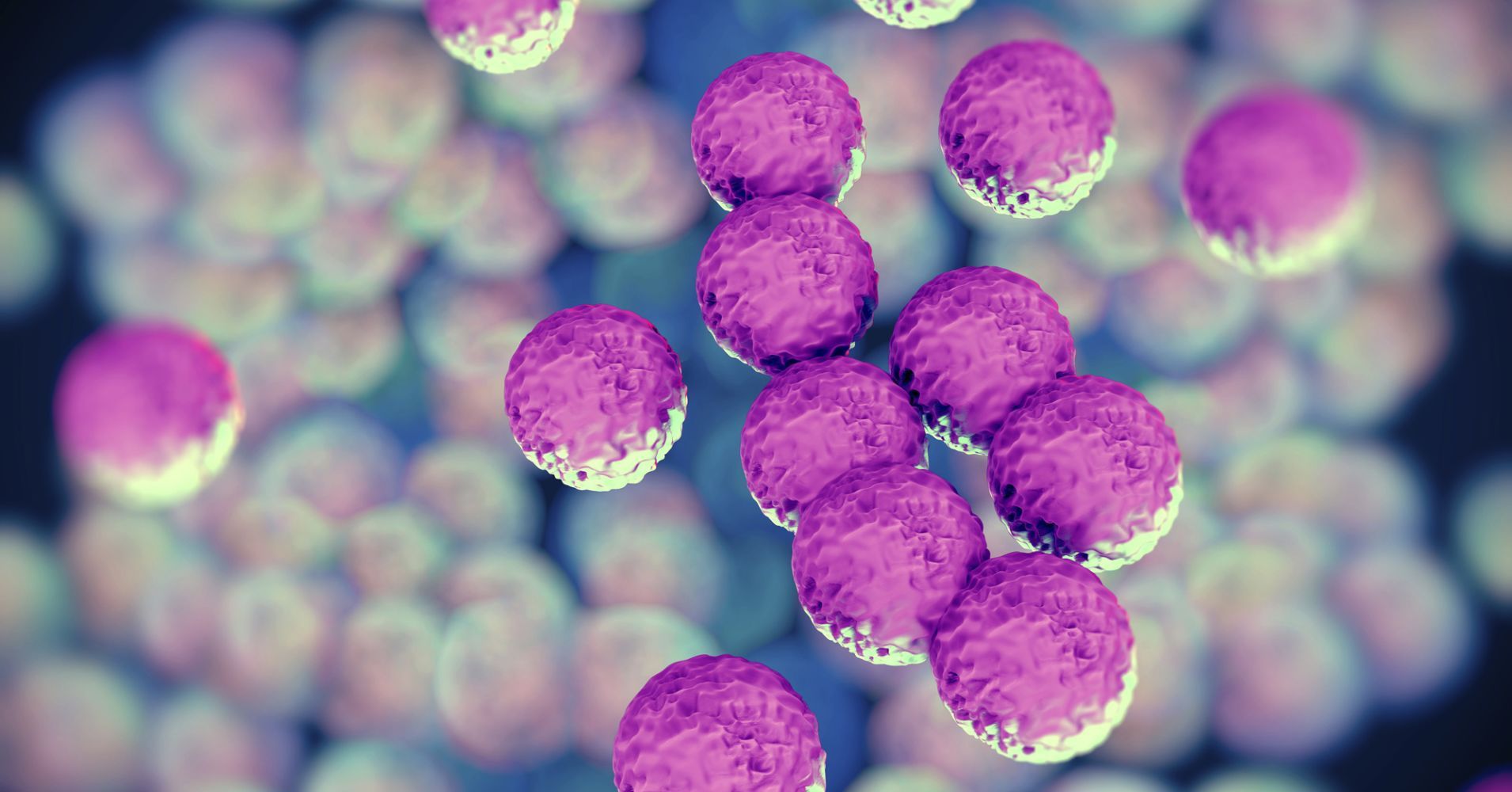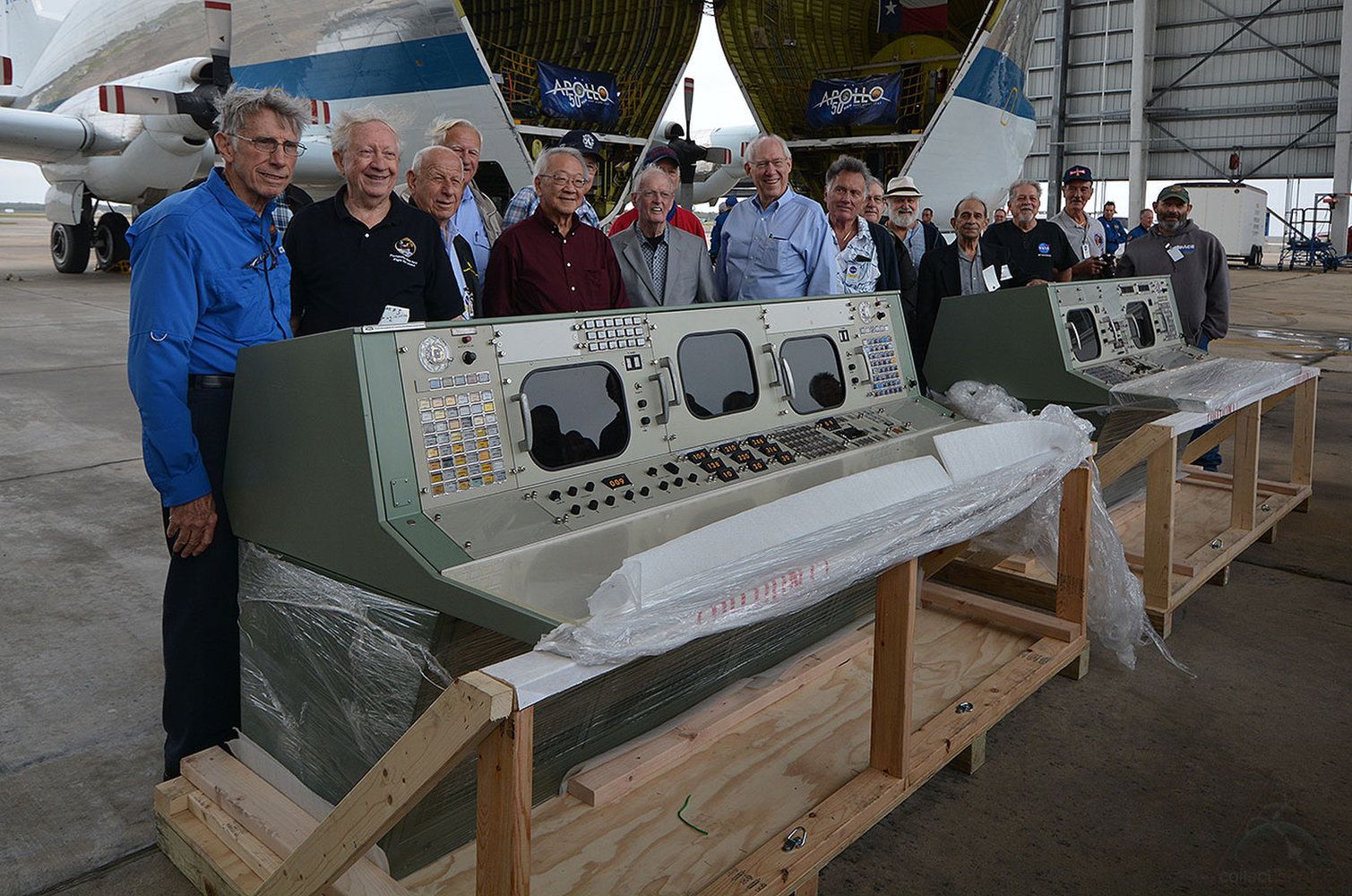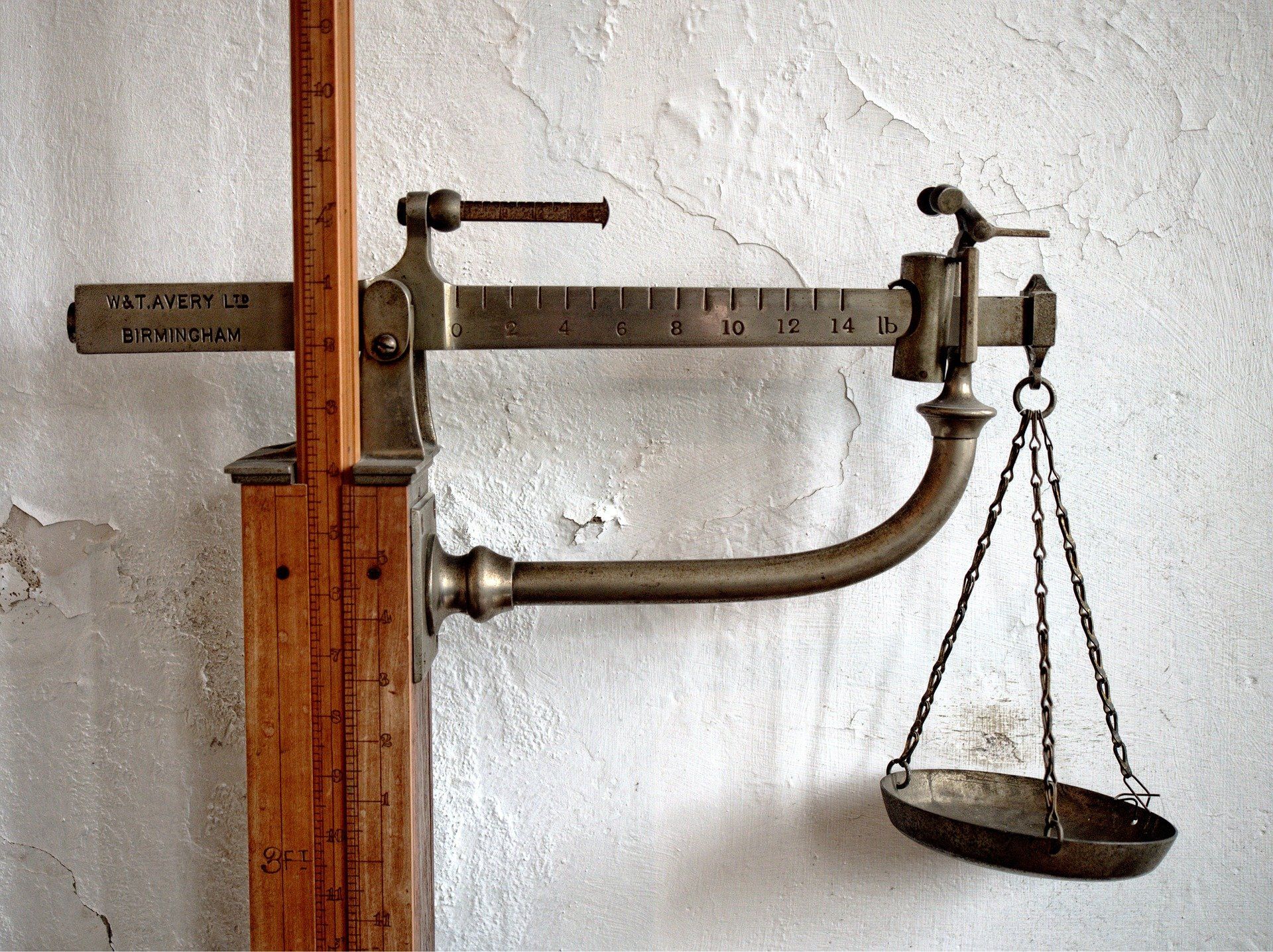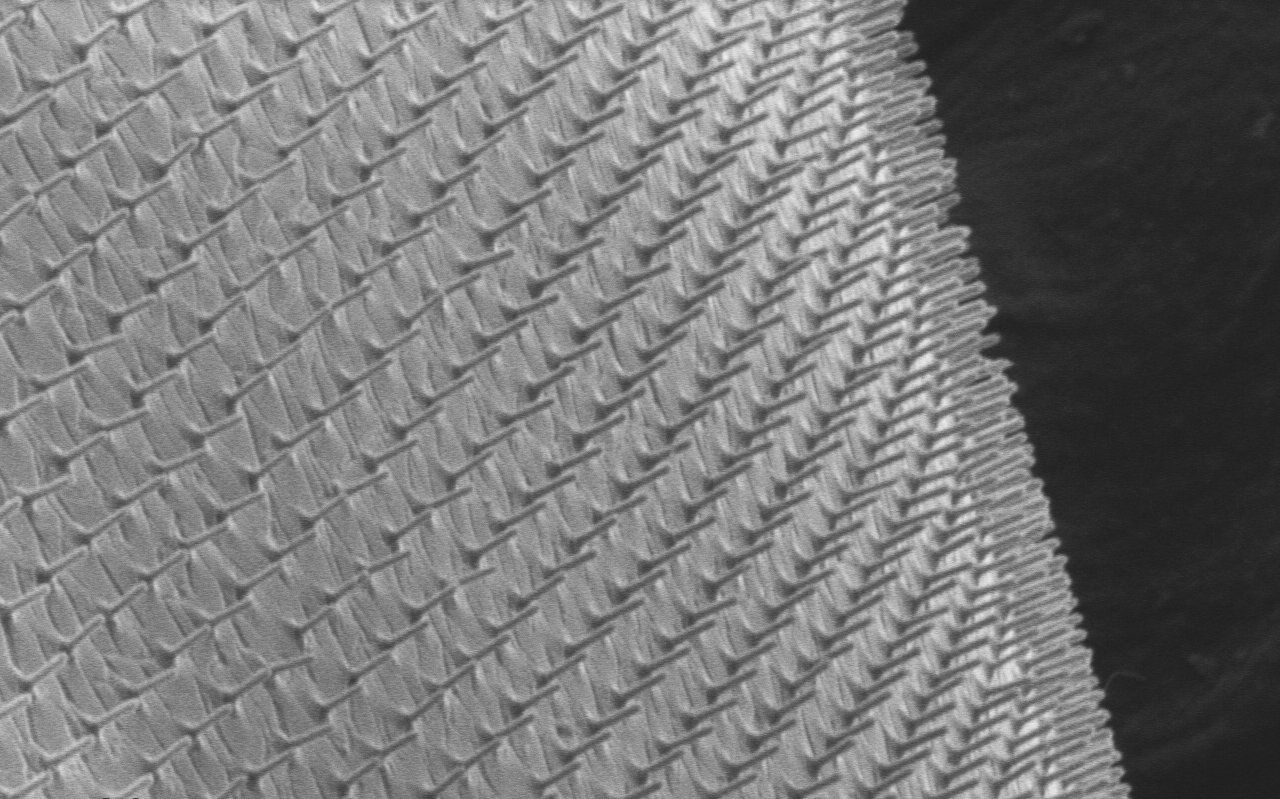Page 9325
Nov 10, 2018
F.D.A. Plans to Seek a Ban on Menthol Cigarettes
Posted by Genevieve Klien in category: futurism
The move is part of an aggressive campaign against many products containing nicotine, including flavored e-cigarettes. Menthol has long been a concern among African-Americans because of its addictive qualities.
Nov 10, 2018
How History Forgot the Woman Who Defined Autism
Posted by Genevieve Klien in categories: biotech/medical, neuroscience
Grunya Sukhareva characterized autism nearly two decades before Austrian doctors Leo Kanner and Hans Asperger.
- By Lina Zeldovich, Spectrum on November 10, 2018
Nov 10, 2018
Tissue Chips in Space a Big Leap for Research
Posted by Klaus Baldauf in categories: biotech/medical, computing, genetics, health, space
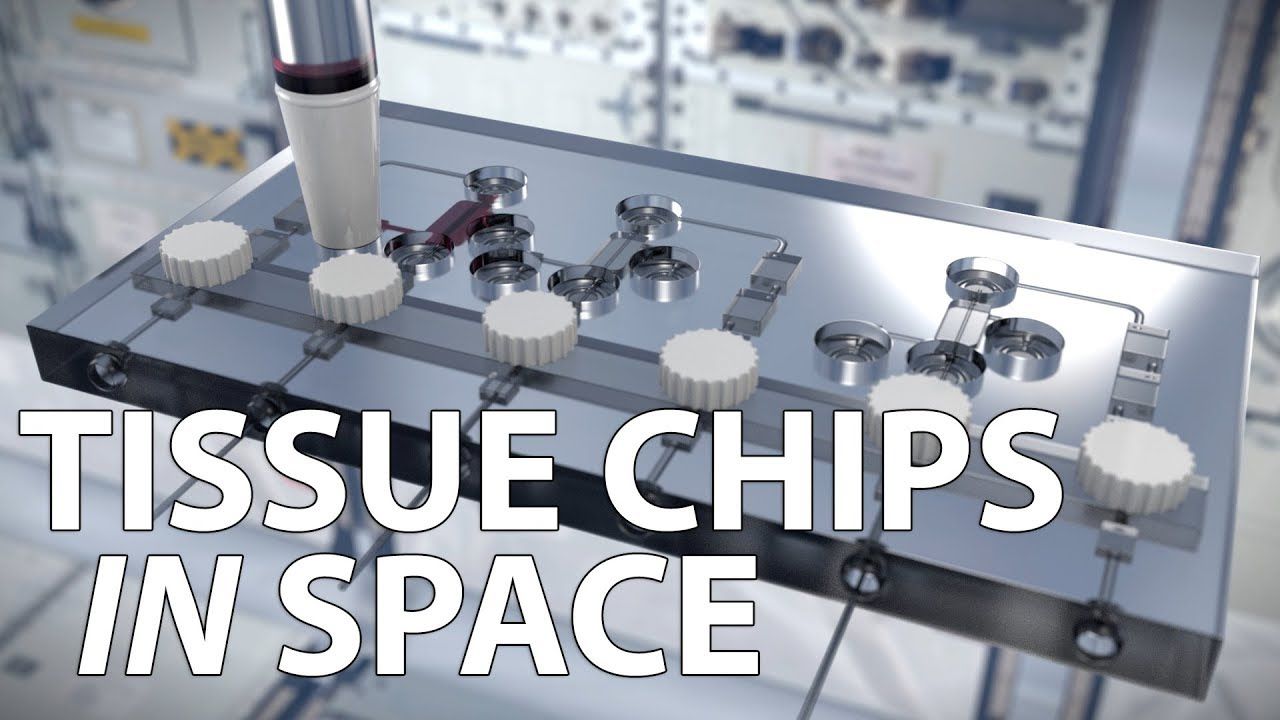
A small device that contains human cells in a 3D matrix represents a giant leap in the ability of scientists to test how those cells respond to stresses, drugs and genetic changes. About the size of a thumb drive, the devices are known as tissue chips or organs on chips.
A series of investigations to test tissue chips in microgravity aboard the International Space Station is planned through a collaboration between the National Center for Advancing Translational Sciences (NCATS) at the National Institutes for Health (NIH) and the Center for the Advancement of Science in Space (CASIS) in partnership with NASA. The Tissue Chips in Space initiative seeks to better understand the role of microgravity on human health and disease and to translate that understanding to improved human health on Earth.
Continue reading “Tissue Chips in Space a Big Leap for Research” »
Nov 10, 2018
Superbugs pose a dangerous, $65 billion threat to the US health-care system
Posted by Derick Lee in categories: biotech/medical, economics, health
The economic toll of this superbug crisis is huge: In the United States alone the health-care costs dealing with antimicrobial resistance could reach $65 billion by 2050, according to the OECD report. That is more than the flu, HIV and tuberculosis. If projections are correct, resistance to backup antibiotics will be 70 percent higher in 2030 compared to 2005 in OECD countries. In the same period, resistance to third-line treatments will double across EU countries.
A new report released Wednesday from the OECD estimates that antimicrobial resistant infection is on track to kill 30,000 Americans per year by 2050. The OECD is calling on the US and other rich countries to implement 5 simple reforms to save lives.
Nov 10, 2018
NASA’s Restored Mission Control Consoles Touch Down in Houston
Posted by Alberto Lao in category: transportation
Restored consoles from Apollo-era Mission Control have returned to Houston via NASA’s Super Guppy aircraft.
Nov 9, 2018
Four base units of measure in the metric system about to be changed
Posted by Saúl Morales Rodriguéz in category: futurism
Officials with the General Conference on Weights and Measures (CGPM) have announced that at a meeting to be held next week, four of the base units used in the metric system will be redefined. The four units under review are the ampere, kilogram, mole and kelvin.
Currently, the kilogram is officially defined as the mass of a cylinder made of a platinum-iridium alloy housed in a bell jar in France—it has been removed from its protected spot every 40 years to serve as a calibration tool for other weights. But according to officials with CGPM, its days are numbered. This is because the 60 member nations that make up the body will be voting to change to a system in which the kilogram will be defined indirectly—by using the Planck constant.
The tool used to provide the new base unit is the Kibble balance—a very complex piece of equipment that first measures the amount of electric current necessary to create an electromagnetic force that is equal to a force acting on a given mass. It is during the second stage that the Plank constant comes into play. The reason for the changeover is to reference a more stable basis of measurement and to allow for the development of more precise measuring devices. Several metrologists involved in bringing the changes to a vote have acknowledged that most people will neither understand the changes that have taken place, nor notice that a change has occurred.
Nov 9, 2018
New flexible, transparent, wearable biopatch, improves cellular observation, drug delivery
Posted by Saúl Morales Rodriguéz in categories: biotech/medical, engineering, wearables
Purdue University researchers have developed a new flexible and translucent base for silicon nanoneedle patches to deliver exact doses of biomolecules directly into cells and expand observational opportunities.
“This means that eight or nine silicon nanoneedles can be injected into a single cell without significantly damaging a cell. So we can use these nanoneedles to deliver biomolecules into cells or even tissues with minimal invasiveness,” said Chi Hwan Lee, an assistant professor in Purdue University’s Weldon School of Biomedical Engineering and School of Mechanical Engineering.
A surgeon performs surgery on the back of a hand of a patient who has melanoma. Purdue researchers are developing a new flexible and translucent base for silicon patches to deliver exact doses of biomolecules directly into cells and expand observational opportunities. The researchers say skin cancer could be one of the applications for the patches.
